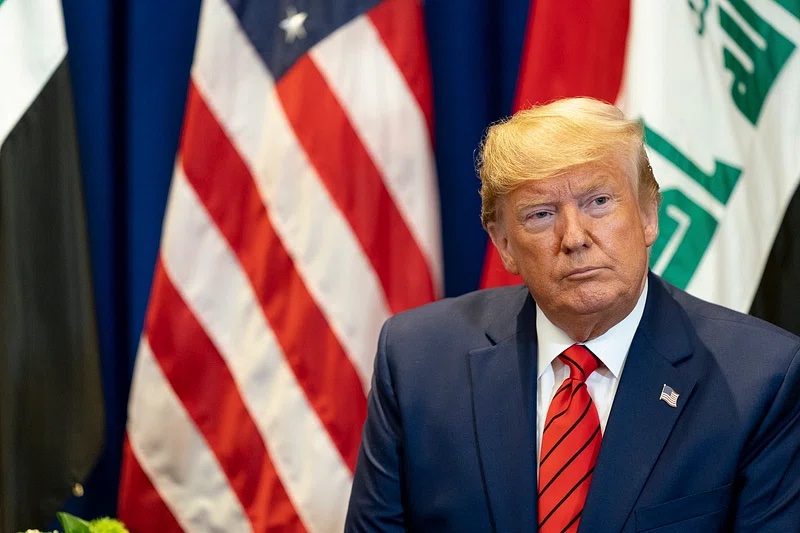With the Trump administration already being under heavy criticism, this kind of news came unexpected, since it involves the gaming industry too. A new report suggests that US President Donald Trump is preparing to tighten restrictions on US software exports, as well as development tools used in China.
According to sources familiar with the matter, the administration is considering all options, which signals that everything is on the table – and by everything, we mean everything. This stretches from software licenses, AI and – yes – gaming technology too. While details are still scarce, this shift in policy has already raised red flags, especially among developers and publishers, who heavily rely on international collaboration.
What Could Trump’s Controls on US Software Exports Mean For Gaming?
The new restrictions would focus on US software exports as well as intellectual property (IP) used in gaming development, as well as graphics rendering and tools in regards to anything AI. If that makes for raised eyebrows amongst gamers and devs, that’s because all these are arguably key components in modern gaming engines.
These engines aren’t only essential for US developers, or any devs for that matter, but are also widely used by major Chinese Studios. Tencent and NetEase come to mind.
Limiting access to new updates, or even code libraries could entirely disrupt or halt ongoing projects. Not only that, it could put an end to upcoming ideas specifically, potentially fracturing global dev pipelines.
A White House source quoted by Reuters emphasised that the move is indeed part of a broader initiative to protect American tech innovation, which sounds noble – but critics warn that such measures could also cripple American businesses, especially if they depend on licensing deals and joint projects with China.
The effects of Trump’s international policies have already been felt throughout the gaming industry, with console prices rising as a consequence of trade tariffs implemented by the US.
What This Could Mean For China’s Gaming Industry
China is one of the largest markets for PC and mobile games, and the Western Game-o-sphere has always relied on Chinese partnerships in one way or another. Could this be as momentous a shift as it sounds like? Well, should these new curbs really extend to game dev software exports, small and mid-sized studios are going to feel it first – and the hardest, too.
In an industry that thrives on cross-border collaboration, such restrictions could create significant development bottlenecks, delaying releases and driving up costs.
There is reason for optimism, though; some analysts suggest that this could accelerate China’s ongoing efforts to develop its own domestic engines and software alternatives to Unreal and Unity – a long-term strategic concern for the US software sector.
Whatever the case may be, which for now is pretty hard to predict, if these restrictions go forward, the impact will ripple far beyond tech companies and trade policy, much rather, it could reshape how, where, and even what kind of games get made. As much as that is an exciting prospect for some, others have reason to be worried.
For now, the industry waits rather patiently.. But one thing is abundantly clear: the next front in the US-China tech war might not be fought over hardware, but over the very software that powers the world’s digital creativity.

